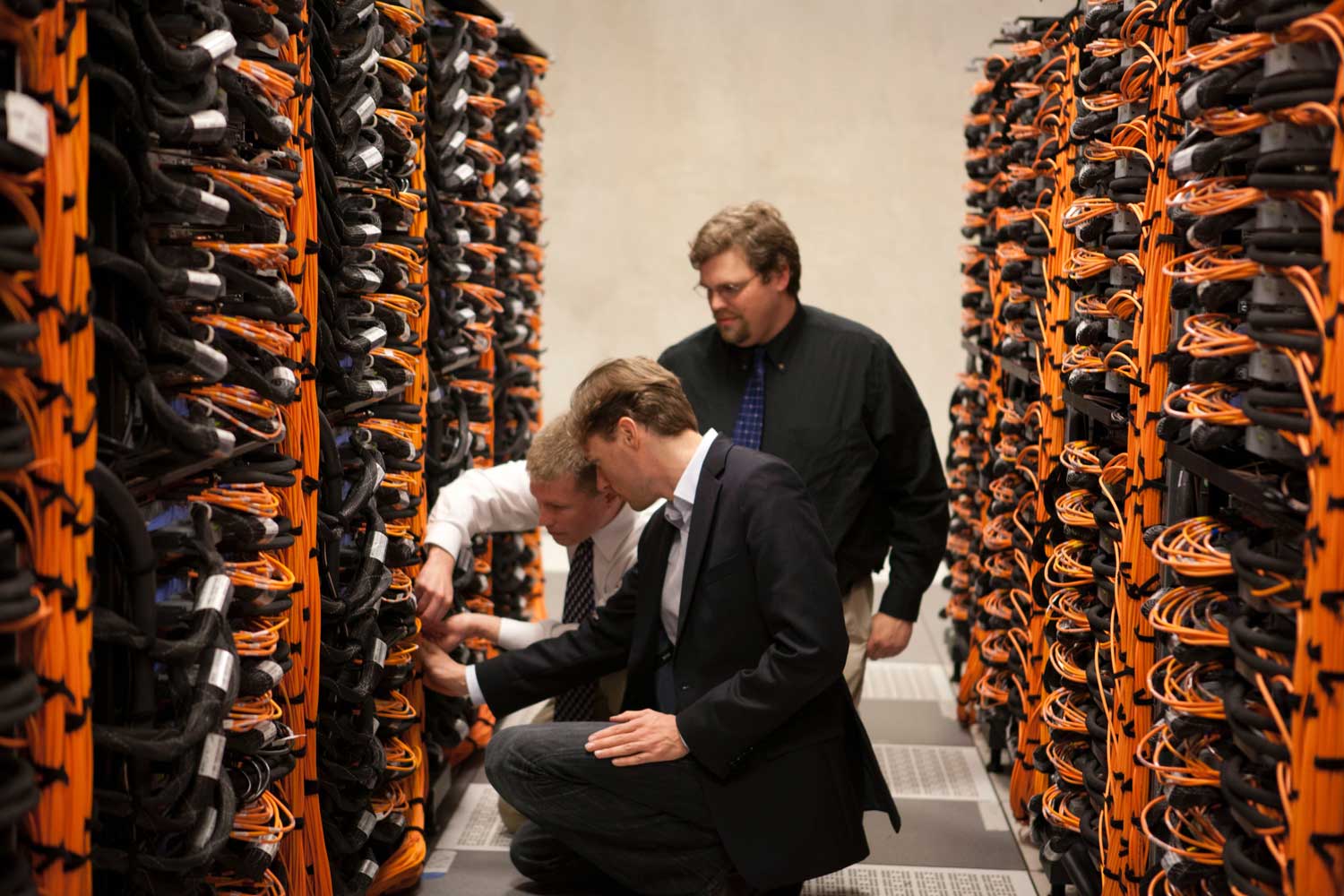In house vs Outsourcing IT Support: Which is The Right Choice for Your Business? When companies find themselves needing to address a specific business need, one question they'll often have...
You may have heard the term "IT support engineer" and wondered what it means. The truth is that there are many different types of IT support engineers, and each of them has their own specialities and expertise. Finding the right person for your business needs can be tricky. Still, once you've found them and have an experienced professional on your side, you’ll realise there's nothing better than working with someone who understands everything about your IT from start to finish, even down to the smallest detail like how your phone works!
In this blog post, we'll give you seven secrets every IT support engineer in London wishes they could tell their clients.

You might have heard this before, and it's good advice. There is no one-size-fits-all answer to any question about IT support in London. But that doesn’t mean that there aren’t some hard and fast rules that govern what kind of approach you should take when it comes to meeting your company's tech support needs.
The first factor is your situation. What kind of business are you running, what size it is and how much money can you afford to spend on something like IT support? Are you operating under tight deadlines? Are there regulatory requirements that apply to your industry or type of business? Are there specific challenges unique to the industry that require special care?
These factors all play into how you should be approaching this problem when looking for the right IT engineer or consultant (or both). And they'll all affect the kinds of solutions that might work best for your particular needs as well as how much time and money those solutions will take up in the long run.
One of the most common pieces of advice IT support engineers would like you to know is that you and your staff must securely shred all unwanted company documents, whether at home or at work. This can seem like a daunting task, but with proper training and equipment, you'll be able to do it quickly and efficiently!
There are multiple ways you can shred your documents. If you're working in an office or a cubicle environment, there are likely to be shredders available for use by employees. You may even have access to companies that will take care of all your shredding needs at once; just check with your manager or HR department before sending out any sensitive documents! For those who prefer more manual methods, hand-shredding is also an option; this way allows for greater control over which areas of the paper should be destroyed (e.g., only destroying the top half for security reasons).
This goes for mobile phones, tablets, and laptops too. Never let your family use your work laptop or phone. If you’re going to be using work devices, consider that they are more likely to pose security problems and more likely to be targeted for data theft than your own devices.
Always follow your company’s guidelines on proper use of its equipment, both on and off-site.
There are many ways that someone can access sensitive company data if connected to a network. If you’re using your personal device for work business, a hacker could break through weak passwords and gain entry not only to official data, but also to your personal information, including bank statements and credit card numbers.
Someone might be able to gain access to sensitive information by simply connecting a device they found in the rubbish with an ethernet cable (it happens!). That may seem harmless at first, but imagine what would happen if the person who finds this device was an employee of one of your competitors!
A hacker could also install malware on your device that would allow them to access your data at any future time. This is why it's important to ensure that you have the most up-to-date security software installed on all devices you use, whether business-owned or personal if you’re using them for work purposes, and adhere to your IT engineer’s advice in all respects, such as changing passwords regularly.
This is just common sense, but it's important to remember that you could be hacked or have someone steal your password from you. You could even accidentally delete important files by mistake! So before leaving for the day (or even for a few minutes), always make sure to log out of any open applications and turn off your computer completely. This rule applies whether or not anyone else has access to your office space and whether or not anyone else will be using an unattended computer at any point during that period.
You should know what happens when you open an app on your computer and then leave without logging out: if users don't close it properly, the app will continue to run in the background until it's closed by another user, at which point anything they did while logged in will be saved until they log out.
If you’re having a problem with your computer, and the IT support desk isn’t available to help you right away, you can always call or email them.
If your issue is urgent, they will put aside whatever they’re doing to help out as soon as possible.
If you have an issue with your computer, they will work one-on-one with you to make sure that it is fixed. They don’t just send out technicians who may or may not be able to fix the problem; instead, they take care of it themselves. So don’t hesitate to call for assistance if you need it, rather than trying to muddle through on your own, which could lead to even greater problems over time.
You may panic when someone walks into your office and starts fiddling with the phone. You might think they will steal data or hack into your system. The reality is that most people don't know how to do these things, so they simply won't try. However, there is always a chance that they will damage something while trying to figure out how everything works.
Authorised personnel from your IT support desk in London should be the only people who are allowed to touch your office phone. This way, you won't have any problems with it being damaged or hacked by someone who doesn’t know what they are doing.
If you're reading this, you're likely a business owner. If so, you know how important it is to protect your company data and ensure that all employees are working safely and efficiently. In fact, there are many things every small business owner should know, but one of the most important is to ask an experienced IT support engineer for more information on how to best protect against cyber attacks.
To help illustrate this point, here are just a few of the things an IT support engineer can tell you:
After reading this article, we hope that you've gained some insight into the world of IT support engineers. Remember, they are here to help you, so don't hesitate to ask them for advice!
UK IT Service - IT Support London is a reliable and experienced provider of IT support services for businesses in London. Our engineers are highly skilled and can help your business with various IT needs, from fixing broken computers to setting up a new network. We also provide security advice and support to help keep your data safe from cyber-attacks.

In house vs Outsourcing IT Support: Which is The Right Choice for Your Business? When companies find themselves needing to address a specific business need, one question they'll often have...

COVID-19: Remote Working for London Businesses - Tools you'll need to Work from Home [Part-2] With the number of COVID-19 (Coronavirus) confirmed cases on the rise in the UK, more...

COVID-19: Remote Working for London Businesses - A Guide to Work from Home [Part-1] With the number of COVID-19 (Coronavirus) confirmed cases on the rise in the UK, more and...